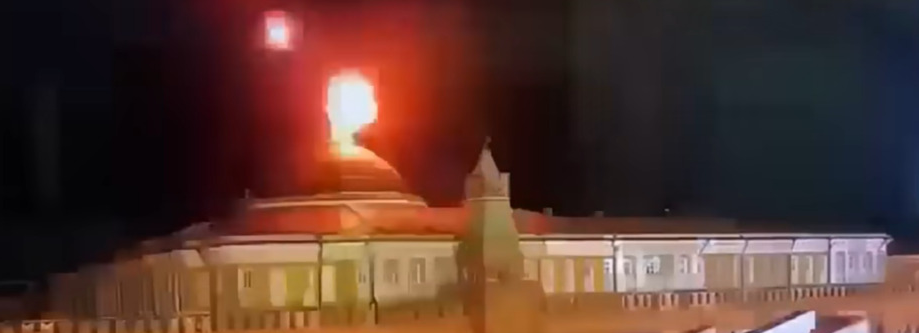captain_spalding said:
roughbarked said:
captain_spalding said:
I don’t know about nowadays, but when my dad was a fireman in NSW, when the fire brigade arrived, the captain could declare a fire area, and that meant that he had basically commandeered everything within that area, and could do whatever was necessary for the task.
Fire brigade wants the water from your swimming pool? They can take it, and that’s that. You can get as irate as you wish, but your water is gone.
Your car is blocking access to a hydrant? Nudge the fire engine up behind it, and push it out of the way.
Your paling fence is in the way? Not for long, it’s going down.
Yes.
So, if that situation still applies, what it means is that when the fire area is declared, what happens to anything within it (especially the actual fire) is the decision of the brigade captain, and no-one else. For once, even the police have no say.
Dad told me of a fire scene where a rather keen policeman was telling the brigade captain to do this and do that. The captain just looked at him, and called to the firemen ‘roll up the hoses, boys, we can go home, the officer here knows what to do’.
The policeman was stunned, and the captain advised him to just go and control the spectators and otherwise keep the f*** out of the way.
this is only true to a point. I mean yes, in a raging fire the first priority is to prevent the fire from spreading or causing more damage.. once the fires have declared a space safe to enter, if there is suspicion of a homicide then the police are in charge. AFAIK if there are suspicious circumstances an its arson the fire inspector controls the scene, if that arson is in an attempt to cover up another crime like murder, the homicide detectives take control.
In general though, despite these stories, both fires and police work quite closely and with respect for each other IME
